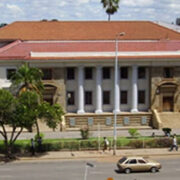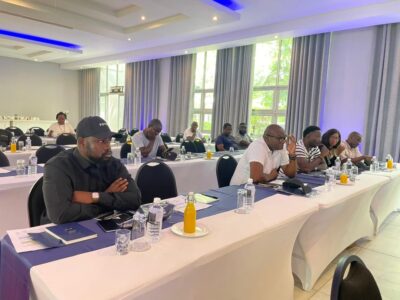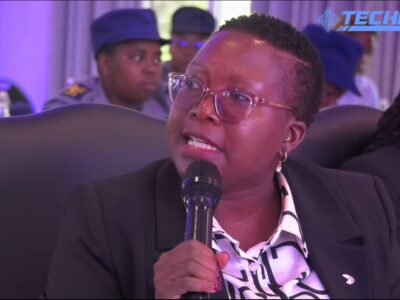Zimbabwe’s move to adopt cost-reflective tariffs has paid off by attracting 3 000 megawatts of energy investments to ease the country’s power crisis, this significant boost is expected to end hours-long outages that have plagued the nation, especially since the severe drought limiting hydro-electricity generation at the Kariba dam.
According to Zimbabwe Electricity Distribution Company (ZETDC) Executive Chairman Sydney Gata energy investments have sharply increased with 3000 megawatts of projects currently under development.
“Immediately after the tariffs were corrected, we called in industry, mining in particular and told them that now they can also invest in electricity infrastructure,” he was speaking at an energy summit held Tuesday in the resort town of Victoria Falls.
Miners were told to stop expecting the government to underwrite the energy risk for their operations.
The Kariba power station is currently generating a 10th of its installed capacity of 1 050 megawatts. As at November 16 total generation in the southern African nation was 1,189 megawatts, almost half of demand.
High demand from the mining sector has also contributed to the shortfall. The industry is experiencing average annual growth of 9% spurred by lithium, coal, iron and steel, Zimbabwe Chamber of Mines Chief Executive Officer Isaac Kwesu said at the same event.
“As we are talking right now our sector demands approximately 700 megawatts and the projections from the survey that we did we anticipate that in the next three to five years we will be requiring about 2,000 megawatts, which is above what the country is currently generating.”
Zesa expects power cuts to end late next year and imports to stop in 2026, according to its roadmap. Zimbabwe imports electricity mostly from neighbouring Mozambique and South Africa’s Eskom Holdings.
This development is a promising step towards securing Zimbabwe’s energy future and supporting its growing economy. With investments pouring in, the country is poised to bridge the gap between energy supply and demand.












Comments